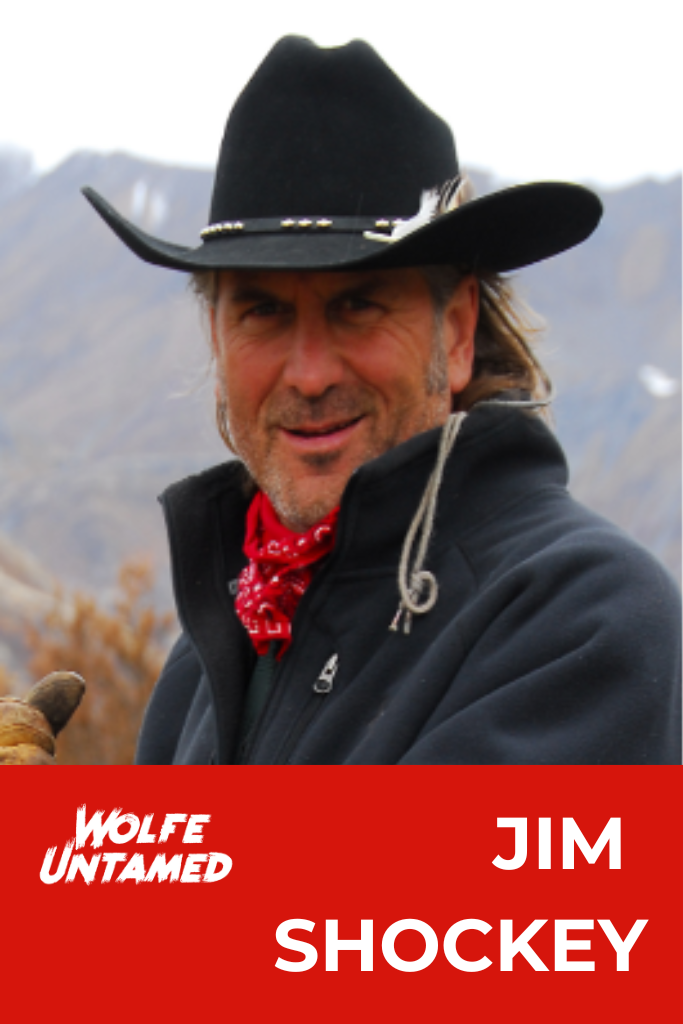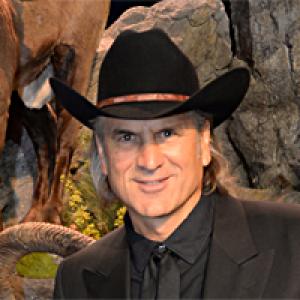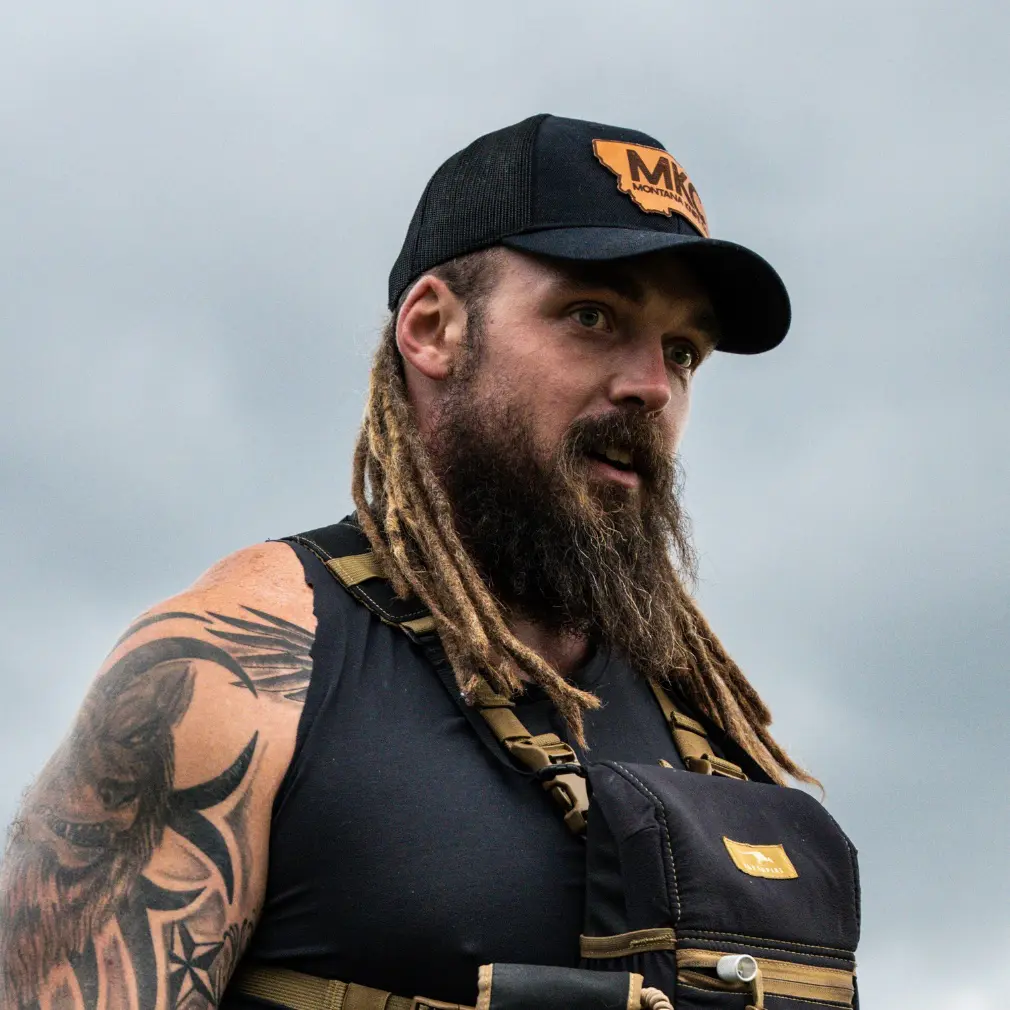Jim Shockey’s Untamed Perspective: A Deep Dive into Hunting, Conservation, and Resilience
On this compelling episode of Wolf Untamed, podcast host and former NFL champion Derek Wolfe sits down with none other than Jim Shockey—a legendary name in the world of hunting, outfitting, and outdoor adventure. Shockey is more than just a hunter; he stands as a steward of nature, an author, a storyteller, and a veteran of the Canadian military, with an ethos deeply rooted in conservation and a love for the natural world.
They discussed childhood dreams, the genetics of hunting, and the controversial challenges hunters face in a modern world that often misunderstands their values. Below are some of the highlights and thought-provoking anecdotes from a truly captivating conversation between two champions in their respective fields.
The Hunter’s DNA: A Gene Waiting to Be Isolated
Shockey’s lifelong passion for the outdoors seems almost predestined—hardwired into his very being. He reflects on his childhood in Saskatchewan, where hunting was inseparably tied to the family’s survival, especially during tough times. His father’s annual moose hunt often meant the difference between eating meat all winter or surviving on macaroni—a humble beginning for the now world-famous hunter. Yet, Shockey insists his passion stems from something deeper.
“I’m convinced that somebody will isolate it,” Shockey says, theorizing about the existence of a “hunting gene,” one that inherently ties certain individuals to the primal pursuit of hunting. “We’re born this way… let him be who he is—or she for that matter. We are kindred spirits.”
By age 10, Shockey had already read books like John Hunter’s Hunter, which sparked his fascination with travel and cultural learning. He knew early on that he wanted to explore the world, document natural history, and create a museum filled with artifacts. For Shockey, hunting was never just about the kill—it was about connection, education, and understanding.
Moose Hunting: “Mike Tyson” of the Wild
Perhaps one of the most entertaining comparisons of the episode arose when Shockey described the stark difference between moose and elk hunting. Despite Derek Wolfe’s affection for the thrill of chasing screaming elk, Shockey’s love for moose hunting is unmatched, likening the two species to celebrities.
“Elk are like Brad Pitt,” Shockey jokes. “They’re real pretty, they sound real pretty, but you go ‘boo,’ and they run away. A moose is like Mike Tyson—built like a tank, ugly in the best way, and unrelenting. They’re not gonna stop coming just because you don’t look like another bull.”
Shockey paints an evocative picture of hunting the “Mike Tyson” of the wilderness, especially during the rut. He recounts the adrenaline rush of spotting the characteristic wide antlers—“two giant sheets of plywood”—from miles away and calling the bull closer. For bowhunters like Wolfe, it’s an ideal chase because moose, driven by instinct during the rut, often barrel straight toward the target zone. The experience, as Shockey emphasizes, is second to none.
The Challenges of Modern Hunting and Misguided Activism
Not every moment on Wolf Untamed was celebratory; Wolfe and Shockey delved into the darker side of being part of a deeply misunderstood community. Shockey recounted shocking anecdotes from his decades as a public figure in hunting, including chilling death threats, terroristic letters, and targeted harassment campaigns orchestrated by groups like PETA and other extremist animal rights activists.
“I got a letter in the mail with razor blades all along the edges,” Shockey remembers. The card had rat poison dripping from it and violent threats scrawled across the front. Another time, mail bombs were planted in a friend’s vehicle, resulting in injuries to unsuspecting victims. “At the time, animal rights extremists were considered North America’s number one domestic terrorist group,” he explains.
The irony, Shockey says, is that these activists often harm the very wildlife they claim to protect. Their true goal isn’t conservation but the eradication of hunting altogether, even when science-based, ethical hunts are essential tools for wildlife management.
Wolfe echoes these frustrations. Sharing his experiences as the face of an online mob after legally harvesting a mountain lion, Wolfe recalls, “They sent thousands of calls to Colorado Parks and Wildlife falsely reporting me as a poacher. It was like being singled out by a wolf pack—isolated and attacked.”
Hope for the Future: Community and Advocacy
Despite the challenges, both Shockey and Wolfe remain optimistic about the future of hunting. They emphasize the steadfastness of the hunting community, particularly in rallying together during times of crisis.
“When they came after me, the hunting community embraced me instead of casting me out,” Wolfe recalls. “We got that bad bill shut down. They didn’t win.”
Shockey encourages hunters to unite in their advocacy efforts, particularly in educating the next generation. Renowned figures like Joe Rogan and Cam Hanes—high-profile advocates for hunting and wild game nutrition—are helping to reshape misconceptions. Shockey credits Rogan especially for bringing meaningful conversations about hunting into mainstream media, calling him “the strongest voice we have out there.”
The Beauty of Outfitting: Creating Once-in-a-Lifetime Experiences
Shockey also spoke about his outfitting career, which spans over 30 years and includes outfitting territories on Vancouver Island, Saskatchewan, and the Yukon. His territories provide hunters with unparalleled experiences in pristine wilderness. Shockey understands that outfitting isn’t just about bagging trophies—it’s about building lifelong memories and bonds.
“You can only control two things: the people and the food,” Wolfe says of his new outfitting business in Colorado. Shockey agrees and shares a formative anecdote from his early years as an outfitter when an offhand decision to serve pizza instead of a full meal after a late night hunt earned him backlash. “Lesson learned: never cut corners on the client experience, no matter how tired you are.”
Conservation in Focus: A Field-to-Table Lifestyle
Shockey and Wolfe both champion the field-to-table lifestyle as the healthiest and most ethical way to live. Wild game isn’t just lean; it’s free of antibiotics, growth hormones, and industrial processing. For Shockey, moose reigns supreme as the ultimate protein source, followed closely by exotic species like axis deer, pacas (a South American rodent), and surprisingly, mountain lion meat.
“The field-to-table lifestyle is the greatest, healthiest, most natural way to live,” Shockey declares. He points out how this movement is growing, especially among younger generations seeking healthier and more sustainable ways to live. Wolfe reinforces this by recalling how his wife and daughters, initially wary, fell in love with dishes made using mountain lion meat: “They couldn’t believe how good it tasted.”
Tackling Politics and Global Issues
Closing the conversation, Wolfe steered the topic toward larger global themes, asking Shockey to weigh in on the political tensions between the United States and Canada. Shockey, ever the diplomat, highlighted the deep familial bonds he holds with both countries. “Both my grandfathers were American. My daughter Eva is American, and so are my grandchildren. Our nations are tied by history, commerce, and family.”
While he acknowledges that tension exists—much of it encapsulated in trade tariffs and political posturing—Shockey remains hopeful about the strength of North America as a unified entity. “We’re stronger together than apart. We’ve always been kindred nations, and I hope that remains.”
Summary of Wisdom
This episode of Wolf Untamed offered more than just hunting tips; it was a masterclass in resilience, perspective, and the cultural importance of hunting. Shockey imparted invaluable lessons, including:
- The joy of the chase: Hunting is about the process, not just the outcome.
- The responsibility of conservation: Ethical hunts are vital for preserving wildlife and ecosystems.
- Facing adversity with grace: The hunting community must rally together against threats and misinformation.
- The importance of mentors and storytelling: Knowledge passed down through generations ensures a bright future for the outdoor way of life.
Whether a seasoned hunter or someone curious about what fuels this age-old pursuit, listeners walked away with a deeper appreciation for the nuance and significance of Shockey’s life’s work. As Wolfe so eloquently put it: “Jim Shockey is a legend—someone I’ve looked up to my entire life. What he’s done for this community is incredible.”
For more on Jim Shockey’s fascinating journey, check out his bestselling novel, Call Me Hunter, or follow Derek Wolfe on Instagram for updates on future episodes.



